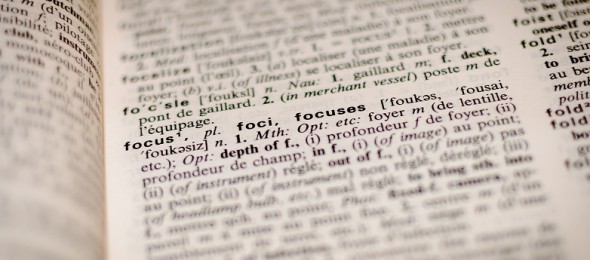In a patent infringement claim case, a court or special master must define the scope of the claim construction. “The purpose of claim construction is to ‘determine the meaning and scope of the patent claims asserted to be infringed.’” O2 Micro Intern. Ltd. v. Beyond Innovation Technology Co., Ltd., 521 F.3d 1351, 1360 (Fed. Cir. 2008) (quoting Markman v. Westview Instruments, Inc., 52 F.3d 967 (Fed.Cir.1995) (en banc)). The patent is composed of claims and specifications that detail what invention is being patented. It may include elements from a prior art but must also include something that makes it uniquely patentable. The dispute is over the terms of the claims to determine what elements of the patent are being infringed upon. “When the parties raise an actual dispute regarding the proper scope of these claims, the court, not the jury, must resolve that dispute.” Id. (quoting Phillips v. AWH Corp., 415 F.3d 1303, 1312-13 (Fed. Cir. 2005) (en banc)). After much argument between the parties, the court or special master must decide on the definition of the disputed terms and scope of the claims.
Often, one party will simply state that the claim should be interpreted with the plain and ordinary meaning of the term. A person of ordinary skill in the art (“POSA”) will understand what the plain and ordinary meaning of the term in that particular area is. “Words of a claim are generally given their ordinary and customary meaning, which is the meaning a term would have to a person of ordinary skill in the art after reviewing the intrinsic record at the time of the invention.” Id. But that does not help with the jury’s understanding. A typical juror has no educational or experience requirement like the POSA. The juror would have no knowledge of the plain and ordinary meaning. The juror may even have another idea about what that term means to them that matches their everyday understanding of the terms.
Normally, the court will either define the term based on what is in the patent and the arguments of the parties or state the term may be given its plain and ordinary meaning. The parties are given the opportunity to present their arguments for the terms and some parties do argue for plain and ordinary meaning. Arguing for plain and ordinary meaning may be an easy way for the parties to skate around the term or pass the burden on to the court and jury. This is one reason why some courts ask the parties to define the term instead of allowing them to argue for plain and ordinary meaning. If the courts are slowly veering away from the blanket term of plain and ordinary meaning, then what other options are available?
Alternatively, the court could ask the parties to define each term, even if it is the plain and ordinary meaning. What is the parties’ understanding of the plain and ordinary meaning? The court will want to know the answer to this question. The burden on the parties will slightly increase, but the court will have an easier time defining the scope of the claim for the jury. When the court makes the decision on the terms of claim, the court does not have to define each term to remove all doubts and ambiguity. See Eon Corp. IP Holdings LLC v. Silver Spring Networks, 815 F.3d 1314, 1318 (Fed. Cir. 2016). Hypothetically, the definition does not have to be complex or infallible but may be explanatory enough to fulfill the court’s duty to fully instruct the jury on the scope of the claim. “Only those terms need be construed that are in controversy, and only to the extent necessary to resolve the controversy.” Id. at 1318-1319 (quoting PPG Indus. v. Guardian Indus. Corp., 156 F.3d 1351, 1355 (Fed. Cir. 1998)). A claim construction does not have to rid a term of all ambiguity. See id. at 1319. “It is critical for trial courts to set forth an express construction of the material claim terms in dispute.” Id., Sulzer Textil A.G. v. Picanol N.V., 358 F.3d 1356, 1366 (Fed. Cir. 2004). The court must be able to instruct the jury on the meaning of the claim so that they are able to “intelligently determine the questions presented.” Id. at 1319. The court’s obligation is to see that all disputes regarding the scope of the claim are fully resolved. See id. With the growing trend to define what the plain and ordinary meaning is, the burden on the courts and parties starts to shift.
Please check back tomorrow for Part 2!
Photo by: Romain Vignes on Unsplash














